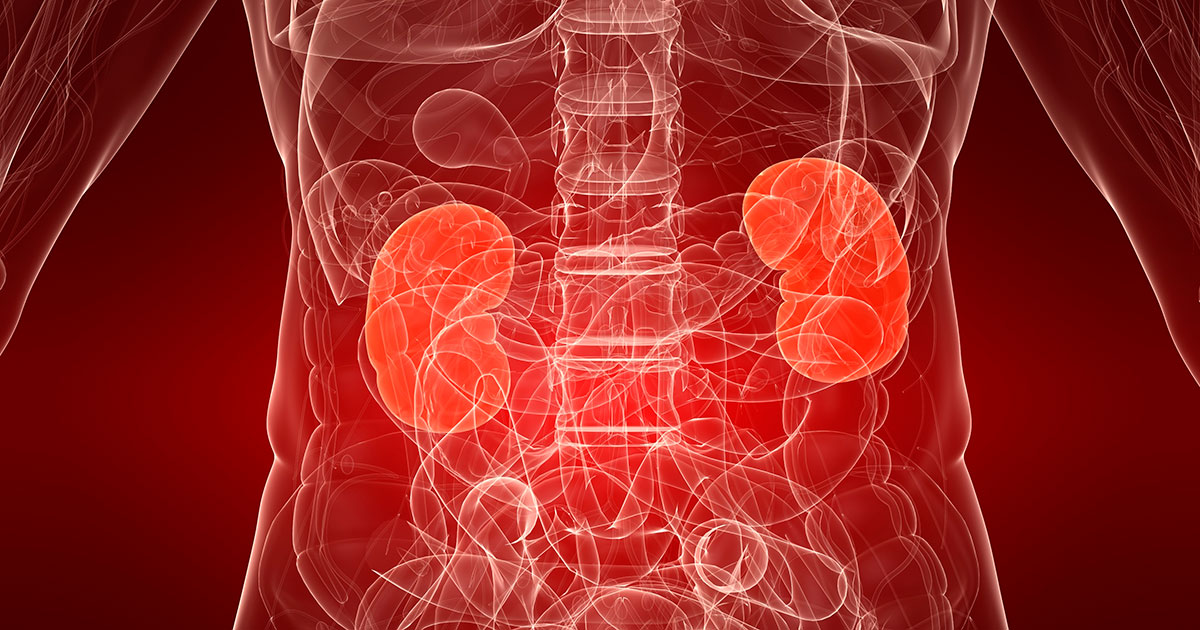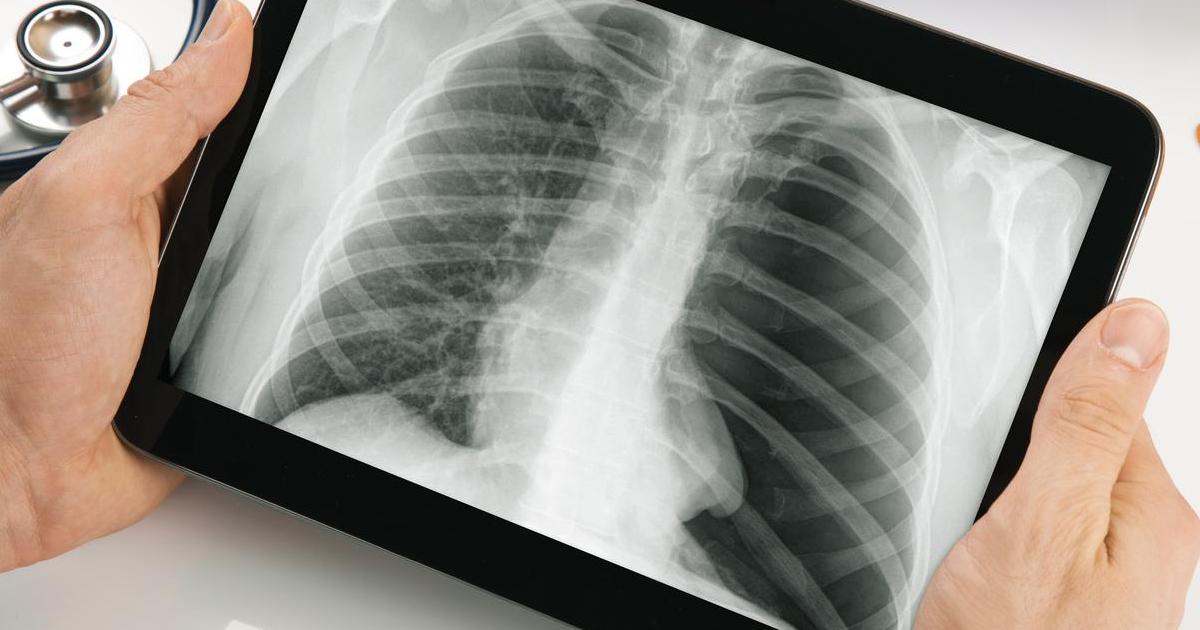Causes and Complications of Rocky Mountain Spotted Fever
Kidney Failure

Kidney failure often occurs when treatment for Rocky Mountain spotted fever is delayed. Healthy kidneys filter waste products from the blood, and this filtration process becomes ineffective or completely stops once kidney failure has occurred. For patients with Rocky Mountain spotted fever, the kidneys often stop functioning very suddenly. This is known as acute kidney (renal) failure. Symptoms of acute kidney failure include pain in the abdomen or back, diarrhea, fever, nosebleeds, rashes, and vomiting.
To treat this condition, patients must begin dialysis immediately. Dialysis takes over the normal function of the kidneys, and the blood is filtered through a machine. Patients normally have dialysis at specialized centers, though some patients may be able to have this procedure at their homes. Normally, dialysis must be given at least three to seven times a week, and the process can take around four hours each time. Some patients with kidney failure may be candidates for a kidney transplant.
Heart Or Lung Inflammation

Heart or lung inflammation may develop as Rocky Mountain spotted fever progresses. Inflammation that occurs in or around the heart is known as myocarditis. Patients with myocarditis may experience shortness of breath, chest pain, heart rhythm abnormalities, fatigue, and swelling in the feet or lower limbs. Echocardiograms and MRI scans can help doctors assess the severity of myocarditis. Generally, myocarditis will resolve on its own if Rocky Mountain spotted fever is treated successfully. In some cases, myocarditis can progress to heart failure, and patients may need a heart transplant.
There are many types of lung inflammation, and patients with this complication often have a cough, shortness of breath, and unintentional weight loss. To diagnose lung inflammation, doctors will perform blood tests, CT scans, chest x-rays, and pulmonary function tests. Patients who experience severe breathing difficulties may need to use supplemental oxygen therapy at home, and corticosteroids may be beneficial for some patients.
